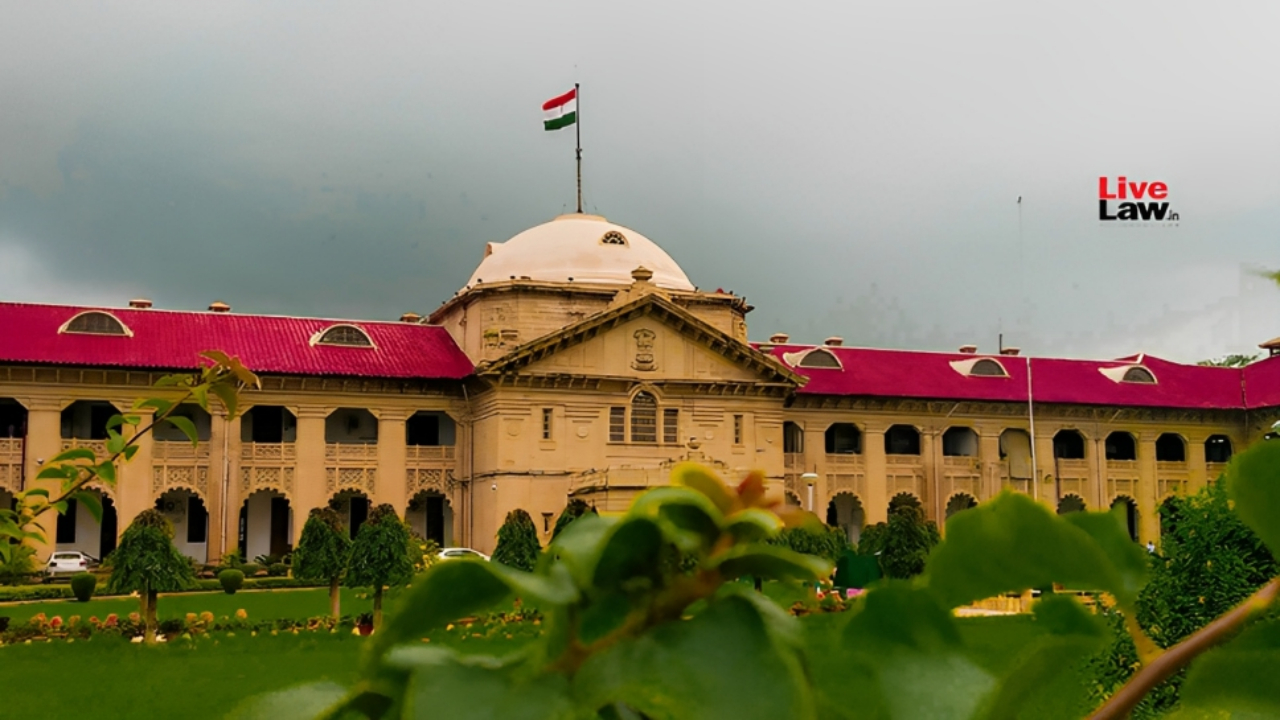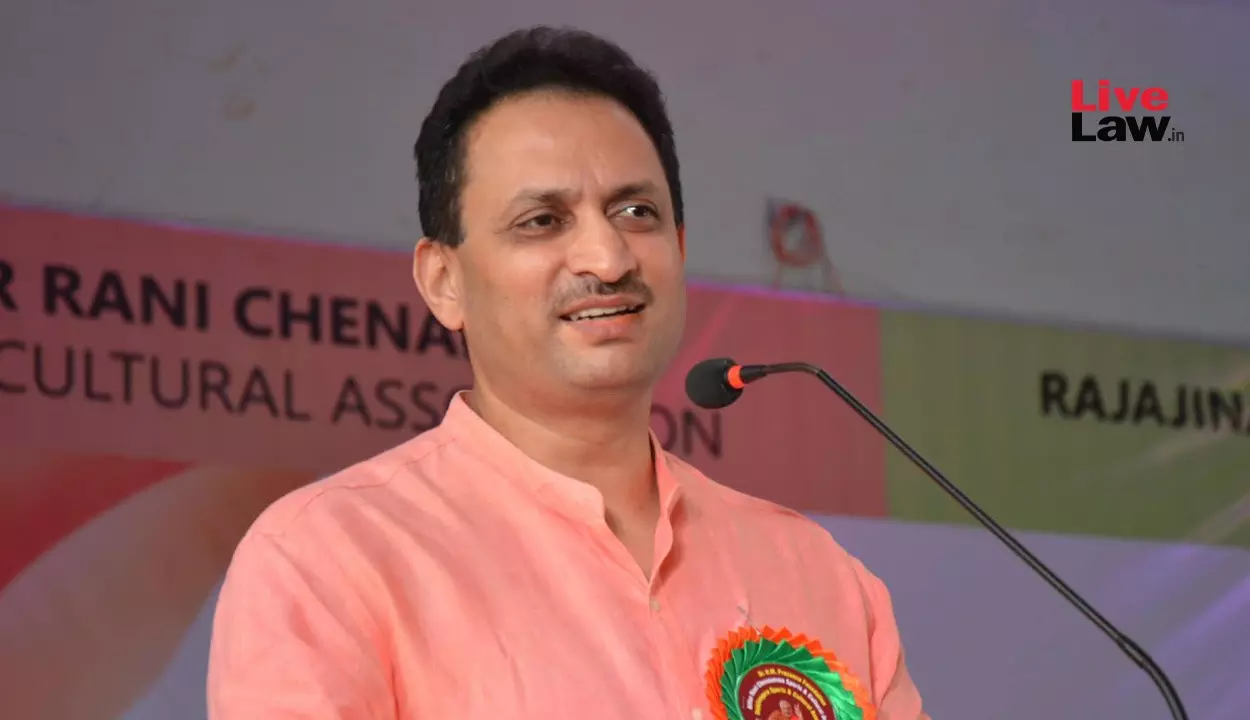Once Candidates Are Absorbed On Regular Posts, Irregularity In Initial Appointments Is Deemed To Have Been Cured: Allahabad High Court


The Allahabad High Court has held that once the appellants-employees were absorbed against vacancies in regular posts, any irregularity which would have existed at the time of their initial appointment would be deemed to have been cured.
While dealing with subseqeunt termination of employees due appointments being made on unsanctioned posts, the bench of Justice Siddhartha Varma and Dr. Justice Yogendra Kumar Srivastava held the appellants were not at fault even though there was irregularity in their initial appointments.
Appellant-petitioners were appointed as Assistant Teachers on ad-hoc basis in 1987 and 1989 respectively. They were eventually terminated in 1989 on grounds that posts on which they were appointed were in excess of the sanctioned strength. Petitioners approached the High Court where an interim order was passed keeping their termination in abeyance. In 2006, petitioners were absorbed as against substantive posts. Eventually, the writ petition was dismissed as not pressed in 2010.
Petitioners continued to discharge their duties. In 2017, the District Inspector of Schools asked the Management/Principal of the college to explain the basis of salary being given to the petitioners. This notice to the Principal was challenged before the High Court where it was stayed. Thereafter, petitioners were asked to withdraw the writ petition to be considered for regularisation. After the petitioners withdrew, other proceedings were initiated and the petitioners were restrained from working.
Petitioners again approached the High Court against this action of the respondents. The writ petition was dismissed by the Single Judge. Petitioners filed a special against the order.
Reliance was placed on the decisions of the Supreme Court in Mansaram vs. S.P. Pathak & Ors. and Madras Aluminium Company Limited vs. Tamil Nadu Electricity Board & Anr. to argue that if the appointments were irregular then action should have be taken within reasonable time. It was argued that even if the initial appointments were invalid, it was rectified by absorbing the petitioners on regular posts in 2006.
Reliance was also placed on Radhey Shyam Yadav & Anr. vs. State of U.P. & Ors. where, in similar case, the Apex Court held that petitioners could not be made to suffer for the fault of State in proceeding after many years.
In Vinod Kumar & Ors. vs. Union of India & Ors, the Supreme Court held that “…this Court finds merit in the appellants’ arguments and holds that their service conditions, as evolved over time, warrant a reclassification from temporary to regular status. The failure to recognise the substantive nature of their roles and their continuous service akin to permanent employees runs counter to the principles of equity, fairness, and the intent behind employment regulations.”
The bench headed by Justice Varma held that
“the appellants having been absorbed on existing vacancies, the irregularity, if any initially in their appointments, would be deemed to have been cured as per the judgments of the Supreme Court cited by learned counsel for the appellants i.e. Mansaram (supra) and Madras Aluminium Company Limited (supra). As per these judgments definitely if any action had to be taken, it ought to have been taken within reasonable time and that having not been taken, the appellants could not now be penalized.”
Relying on the judgments in Radhey Shyam Yadav and Vinod Kumar, the Court held that the petitioners/appellants had regularised and irregularity if any had been removed and the writ petitions ought to have been allowed.
The Court held that the appellants were regularised and had been working till the day they retired which meant that they were in continuous service. Accordingly, the special appeals were allowed.
Case Title: Devendra Singh v. State Of Up And 4 Others [SPECIAL APPEAL No. – 167 of 2024]





